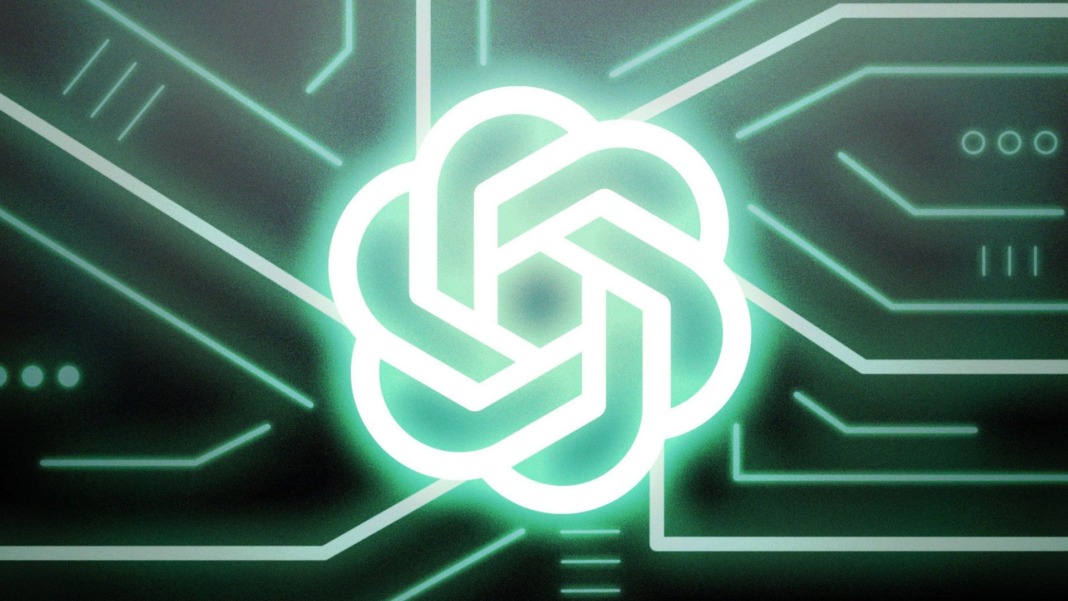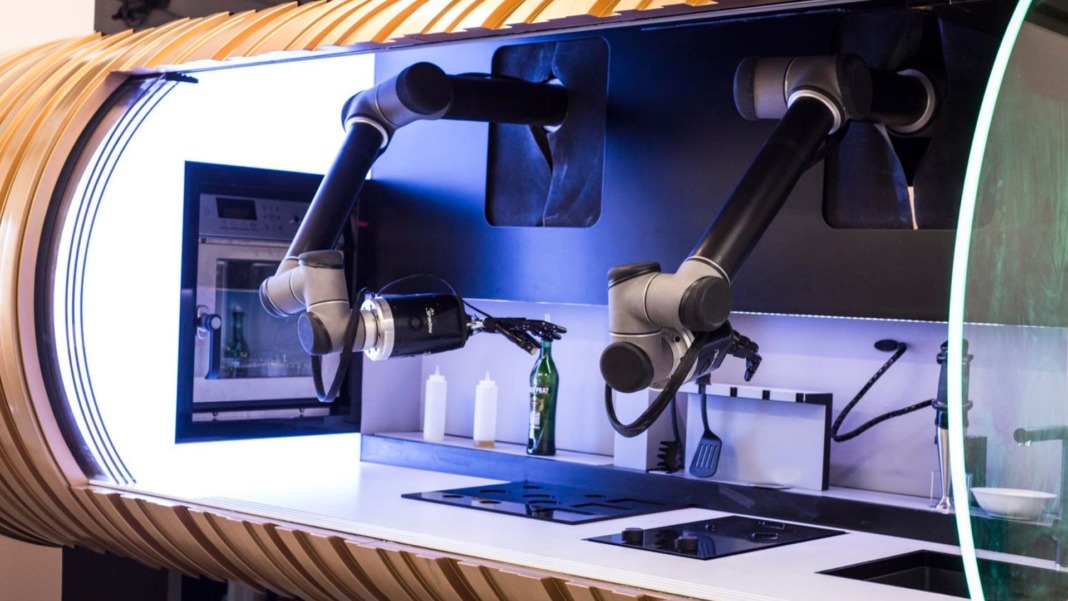ChatGPT has introduced a new memory feature that allows it to remember information from past conversations. This means it can offer more personalised support, adapting to your preferences without repeating yourself.
What does the memory feature mean for you?
With memory enabled, ChatGPT can recall useful details you’ve shared in previous chats. These could include your name, how you like your answers written, or the tasks you usually ask for help with. For example, if you often prefer replies in British English or ask for content in a specific tone, ChatGPT will start to provide answers that suit your style more naturally.
Starting today, memory in ChatGPT can now reference all of your past chats to provide more personalized responses, drawing on your preferences and interests to make it even more helpful for writing, getting advice, learning, and beyond. pic.twitter.com/s9BrWl94iY
— OpenAI (@OpenAI) April 10, 2025
The feature is being rolled out gradually, so not everyone will see it immediately. If it’s available, you can manage it through the ChatGPT app or website settings. Open your settings by clicking your name or the three dots in the lower-left corner. From there, you’ll find a section labelled either Personalisation or Memory, depending on your version. You can see if memory is turned on and manage what the chatbot remembers about you there.
If you’ve previously chosen to turn memory off, you’ll remain opted out. ChatGPT will not store new information until you decide to enable memory again.
You are always in control
OpenAI, the company behind ChatGPT, has clarified that you fully control what’s remembered. Suppose you’re ever concerned about privacy or want to make changes. In that case, you can check what the system has remembered, delete specific memories, turn off memory entirely, or clear everything at once. This puts you in charge of the information shared and stored while allowing you to benefit from a more helpful and tailored AI assistant.
According to OpenAI, memory can be beneficial when using ChatGPT for writing, learning new topics, managing projects, or getting advice. The goal is to create a smooth and supportive experience where the AI becomes more useful as you interact. Over time, this could make your conversations feel more natural, like speaking with someone who truly knows how to help you.
Sam Altman, CEO of OpenAI, shared his enthusiasm on Twitter, calling it “a surprisingly great feature.” He added that this points to an exciting direction for the future of AI—systems that grow with you and offer increasingly personalised help.
we have greatly improved memory in chatgpt–it can now reference all your past conversations!
— Sam Altman (@sama) April 10, 2025
this is a surprisingly great feature imo, and it points at something we are excited about: ai systems that get to know you over your life, and become extremely useful and personalized.
A step toward more human-like interaction
This new memory upgrade marks an essential step in making AI more human-like in its interactions with you. Instead of starting from scratch each time, ChatGPT can now follow your preferences and past conversations, helping you save time and feel more understood. Whether working on long-term projects, developing new skills, or simply chatting for fun, the memory feature means ChatGPT can adapt and respond in a way that fits your goals and personality.
And if you ever feel like starting over, you can clear all stored memories with just one click. This balance between convenience and control makes the memory feature a powerful addition to your ChatGPT experience.
As OpenAI continues to roll out memory to more users, it’s likely to change how you use the chatbot, making it more personal, helpful, and efficient.





